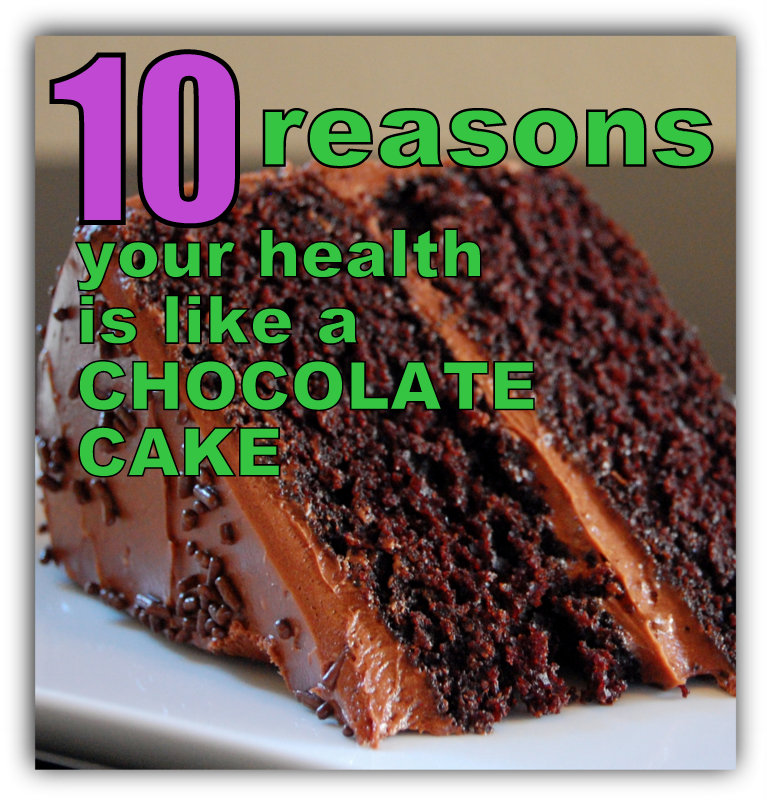Thyroid Patients sending a big KISS to this British Doctor!

I recently discovered a very humorous and appropo medical blog on the net, written by a United Kingdom General Practitioner who wisely stays incognito. His blog is called The Jobbing Doctor.
And his most recent and humorously brilliant post is titled Hairy legs are better than blood tests! He describes his occasional confusion when blood tests don’t agree with the patients symptoms.
Says the UK doc: “The textbooks teach that the level of circulating thyroid hormones (which are called T3 and T4) are inversely related to the Thyroid Stimulating Hormone (TSH). If your T3 and T4 are low, your TSH will be high: this suggests an underactive thyroid gland. If the T3 and T4 are high and the TSH is low, then you have an overactive thyroid gland. That’s easy, huh!”
But his confusion sprang forth when a patient’s labs showed “a highish TSH, T4, and a normal T3.” Yet apparently her symptoms didn’t imply there was any problem, so he chose to do nothing as far as changing her treatment.
A month later at her next appointment, this patient expressed her approval that he didn’t change anything…because her leg hair and eyebrows were coming back.
And his conclusion? “Pah! Who needs blood tests!”
Jobbing Doctor, you are discovering what thyroid patients have been learning over and over for years: it’s SYMPTOMS (or lack up) which need to pull the cart, NOT labwork. Sure, we love our labwork. They can give clues to areas where our bodies are screaming for help. But they definitely do NOT tell the whole story.
Look at the ignoramus TSH lab test. Countless patients have walked into their doctors offices with clear and obvious hypothyroid symptoms–and desperate for a diagnosis–yet the ink spot on the office piece of paper called the TSH lab result proclaims they are “normal”. And that dubious “normal” diagnosis can go on for years before it rises high enough to reveal what was already there by SYMPTOMS.
Or, while on thyroid medication, patients will have a lamebrain “normal” TSH lab result, yet will continue to have their own brand and degree of continuing hypothyroid symptoms which the clueless doctor dismisses as an hysteric female interpretation, motherhood, stress, a need for psychological help….or just “something else”. Uh huh.
In fact, Jobber Doctor, patients have learned that when they are optimal (on desiccated thyroid), along with optimal ferritin and cortisol), they will generally have a free T3 in the upper part of the range, and a SUPPRESSED TSH, with no symptoms of hyperthyroidism. That is general, and there can be some exceptions, but overall, it has spoken volumes to patients on how inadequate thyroid lab tests can be. i.e. being in the “normal” range—anywhere in the normal range–can be mean squat.
Thanks for a great post, UK Jobber Doc. And P.S. Desiccated thyroid is an even better treatment than thyroxine. 🙂
*Want to be informed of these blog posts? Curious what’s on my mind? Just use the Notifications at the bottom left of the links.


